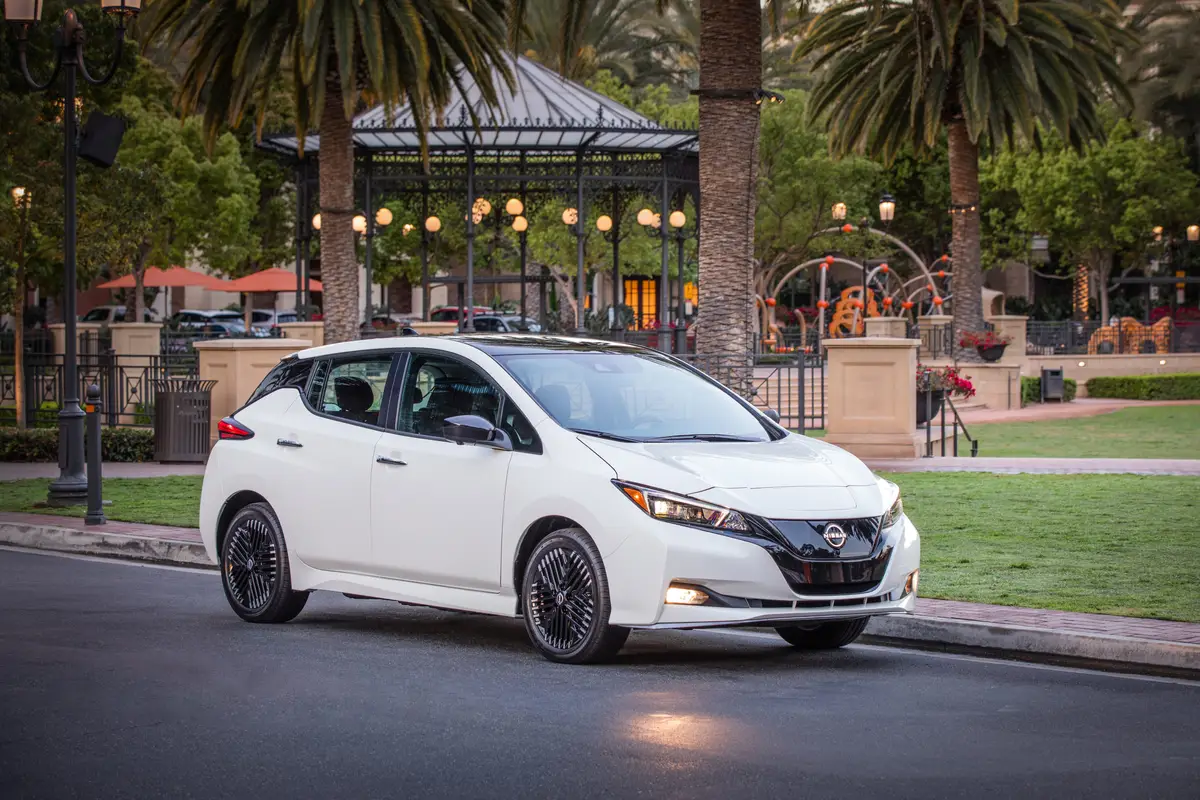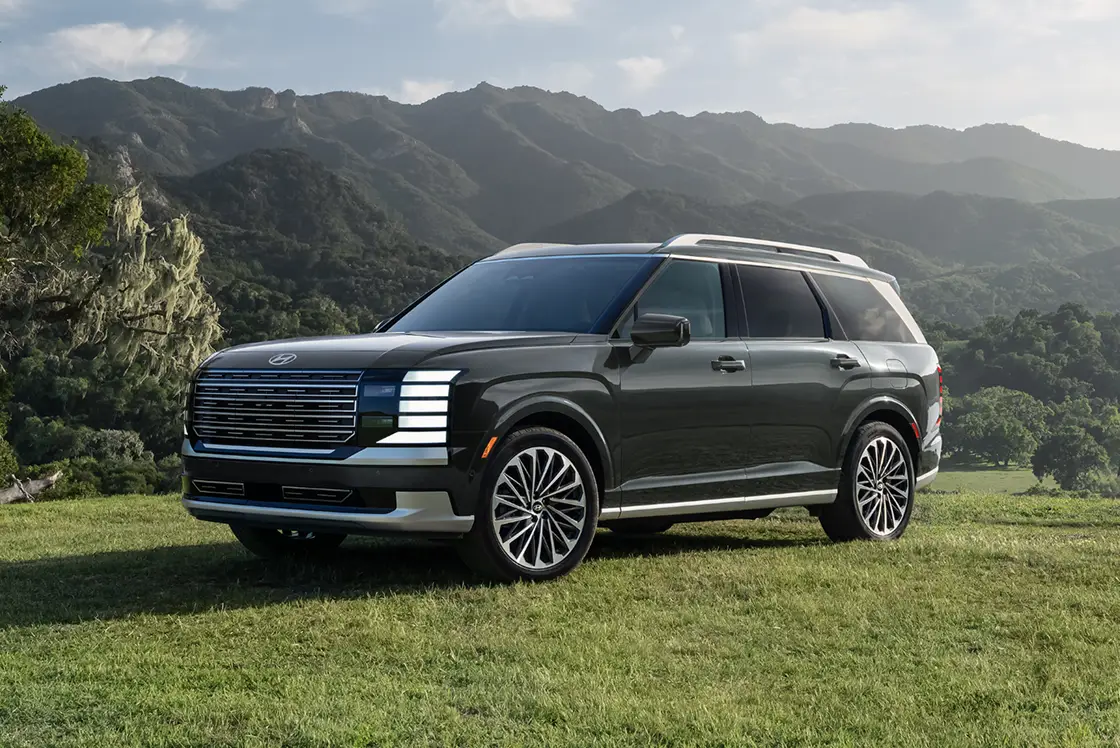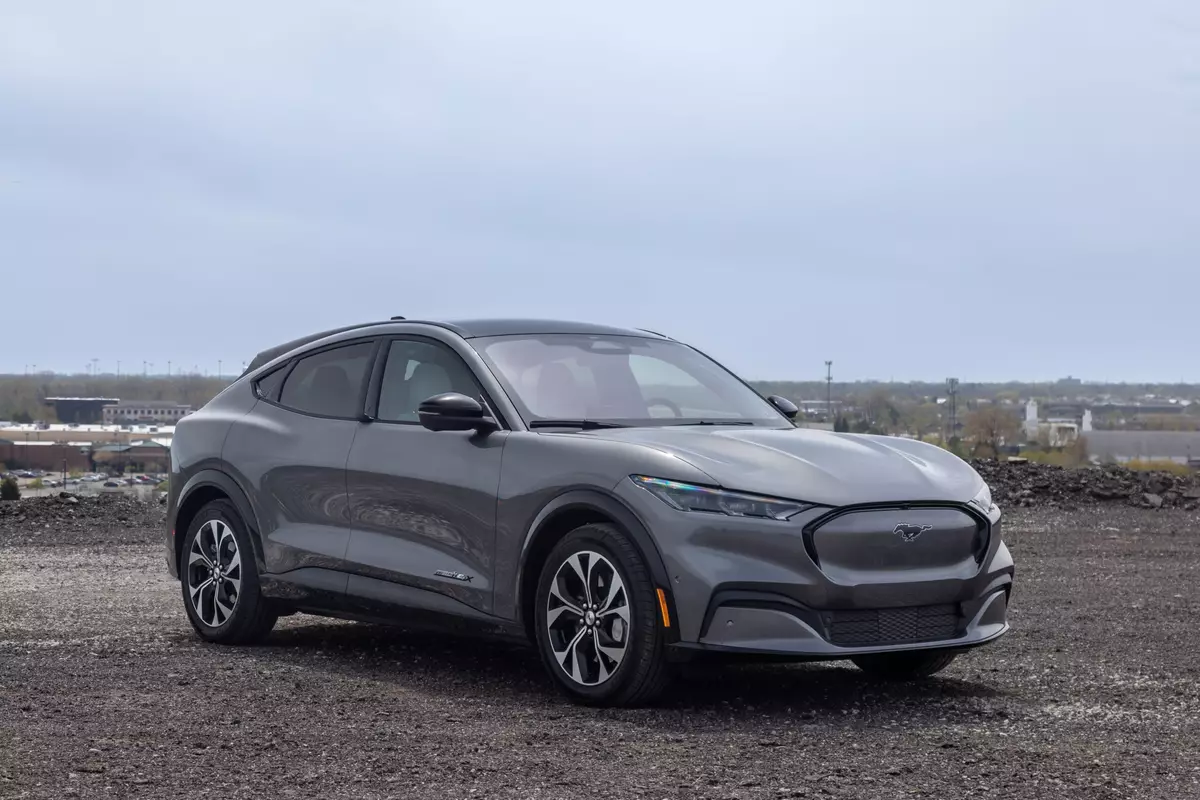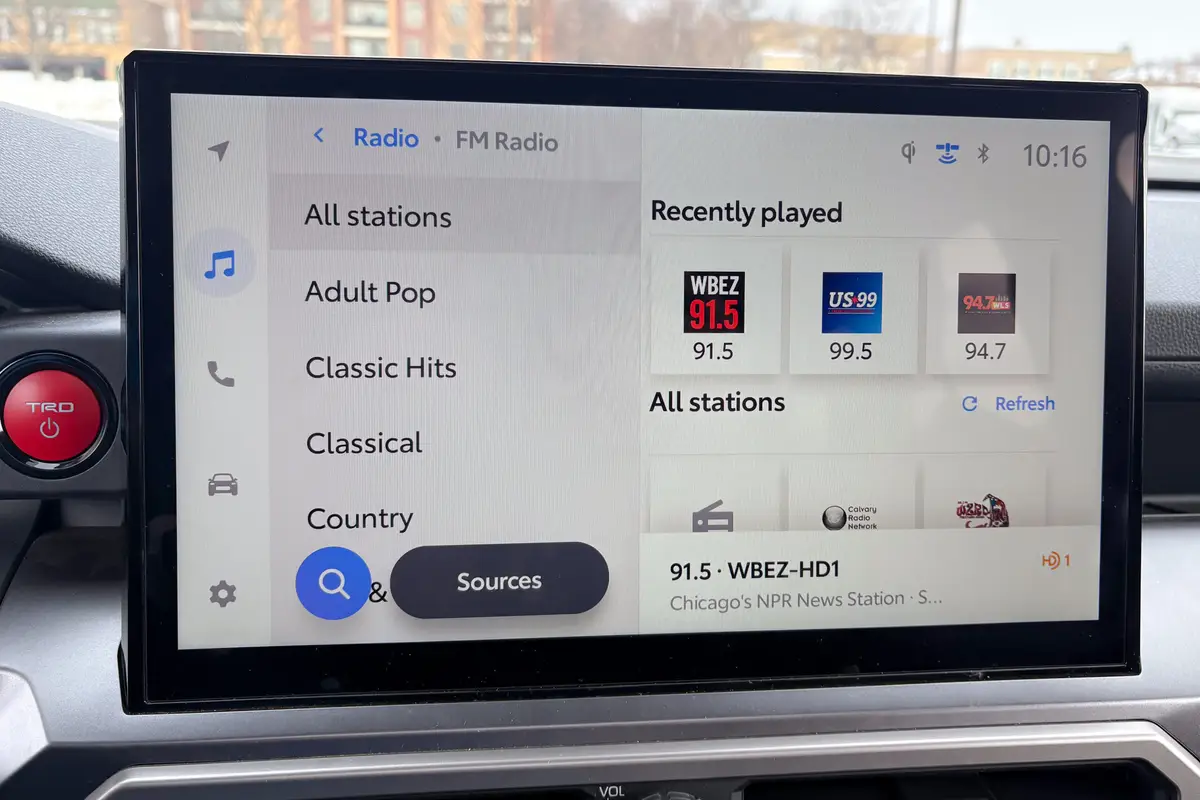Report Finds Poor Reliability for Electric Vehicles


There are several hurdles to widespread electric-vehicle adoption. Higher prices and charging infrastructure weaknesses are two, and according to a new Consumer Reports survey, reliability can be added to the list. Hybrid vehicles without a plug fared far better, however.
Related: Here Are the 11 Cheapest Electric Vehicles You Can Buy
According to results from the agency’s Annual Auto Reliability Survey, EVs had 79% more problems on average than conventional gas-powered vehicles. The survey is based on owner responses from more than 330,000 vehicles from model-years 2000-23, plus a few 2024 models, as well. It covers 20 problem areas, including engine, transmission, electric motors, leaks and infotainment systems.
The Best EVs for Reliability
According to Consumer Reports, the EVs that have at least average reliability scores include the Audi Q4 e-Tron and Q8 e-Tron, BMW iX and i4, Genesis GV60, Hyundai Ioniq 6, Kia EV6, Nissan Ariya and Leaf, and Toyota bZ4X. EVs that scored below average include the Hyundai Ioniq 5 and Rivian’s R1S and R1T.
Consumer Reports said Tesla owners continue to report issues with body hardware, paint and trim, and the climate system, but the automaker has made improvements in key areas such as its electric motors, charging and batteries. The Model 3 and Model Y have average reliability; the Model S and X are below average.
Consumer Reports also said the Ford Mustang Mach-E’s battery and charging system have improved to average levels.
Other Electrified Powertrains
Plug-in hybrid vehicles fared far worse in the survey. According to the agency, PHEVs have an average of 146% more problems than traditional vehicles with internal combustion engines. The Chrysler Pacifica and Audi Q5 PHEVs are among those with the lowest reliability; they are both much less reliable than their conventional counterparts, according to the survey. At the other end, the Toyota Prius Prime and Kia Sportage Plug-in Hybrid have scores well above average.
On the flip side, hybrid vehicles without a plug fared better, with an average of 26% fewer problems than traditional cars. Hybrid versions of Toyota’s Camry sedan and Highlander SUV are ranked toward the top of the list. Others with above-average reliability include the redesigned Toyota Prius and Honda Accord Hybrid.
What’s Driving the Issues?
According to Jake Fisher, senior director of auto testing at Consumer Reports, the prevalence of reliability issues in PHEVs and EVs can partly be attributed to technology growing pains and the EV learning curve.
“Most electric cars today are being manufactured by either legacy automakers that are new to EV technology, or by companies like Rivian that are new to making cars,” he said in a statement. “It’s not surprising that they’re having growing pains and need some time to work out the bugs.”
More From Cars.com:
- What’s the Best Electric Vehicle of 2023?
- Electric Cars With the Longest Range
- EV 101: A Video Guide to Electric Vehicles
- Electric Vehicles: Understanding the Terminology
- Find Your Next Car
Related Video:
Cars.com’s Editorial department is your source for automotive news and reviews. In line with Cars.com’s long-standing ethics policy, editors and reviewers don’t accept gifts or free trips from automakers. The Editorial department is independent of Cars.com’s advertising, sales and sponsored content departments.

News Editor Jennifer Geiger joined the automotive industry in 2003, much to the delight of her Corvette-obsessed dad. Jennifer is an expert reviewer, certified car-seat technician and mom of three. She wears a lot of hats — many of them while driving a minivan.
Featured stories



